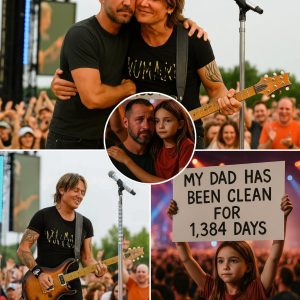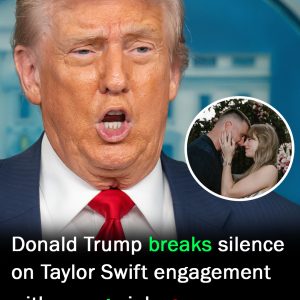The Path to Fame Was Not What It Seemed
Rihanna’s ascent from her origins in Barbados to becoming a global pop icon is well-documented — yet until now, the public was unaware of the personal toll that success exacted.

She disclosed that her rise was not solely influenced by talent and ambition, but also by control, manipulation, and psychological pressure from powerful industry figures who were meant to guide her. Chief among them, as per Rihanna, were Jay-Z and Diddy — two men whose impact has shaped the music landscape for decades.
“They took my V-card,” Rihanna stated, employing the phrase as a haunting metaphor for how her innocence, safety, and autonomy were stripped away early in her career.
Her statements were not made lightly. The singer articulated that it took years of internal conflict before she felt ready to publicly address her experiences. While she opted not to delve into graphic specifics, her tone, expressions, and carefully selected words conveyed a message that left listeners with no doubt regarding the gravity of her experiences.
A Life Behind the Spotlight
“I’ve carried this pain quietly for so long,” Rihanna expressed during the interview, her voice quivering. “But I can’t protect people who didn’t protect me.”
She elaborated that during her formative years in the music industry, she frequently felt pressured, isolated, and emotionally manipulated. The individuals she once regarded as mentors and protectors, she now perceives as part of the problem.
As the narrative spreads worldwide, neither Jay-Z nor Diddy has publicly responded to Rihanna’s remarks. Their lack of response, however, has only heightened public scrutiny.
The absence of commentary has also sparked speculation: Were there undisclosed agreements, unspoken pacts, or long-held cover-ups? Industry insiders are already murmuring about what additional revelations may surface, particularly with the renewed focus on Diddy following a series of unrelated legal inquiries into alleged misconduct.
The power dynamics in Rihanna’s narrative reflect a much larger cultural awakening — one in which fame no longer provides immunity from accountability. In an industry historically characterized by its silence regarding abuse, this moment could signify a crucial turning point.
A Community Reacts: Support, Shock, and the Call for Change
The response to Rihanna’s disclosure has been rapid and deeply felt. Social media platforms have erupted with expressions of support from fans, celebrities, and fellow survivors. Her bravery has rekindled long-standing discussions about the abuse of power, exploitation of artists, and the pressing need for structural reform within the entertainment industry.
Prominent figures in the music sector are now insisting on not just statements, but tangible action. Demands for independent inquiries, safer environments for emerging talent, and mental health safeguards have dominated the conversation — all ignited by Rihanna’s readiness to share her truth.
The Legacy of Her Truth
For Rihanna, this moment transcends mere headlines — it is about healing and reclaiming ownership.
“The truth isn’t beautiful,” she confessed. “But it’s mine. And it deserves to be acknowledged.”
By taking back her narrative, Rihanna is doing what she has always excelled at: establishing the tone for a global dialogue. Her voice, once more, has transformed into a catalyst for change — not through a song, but through a narrative that demands recognition.





